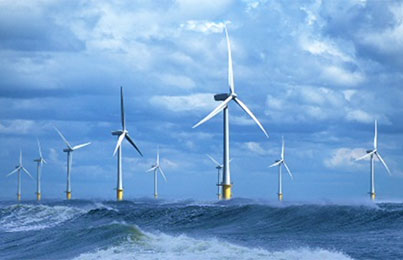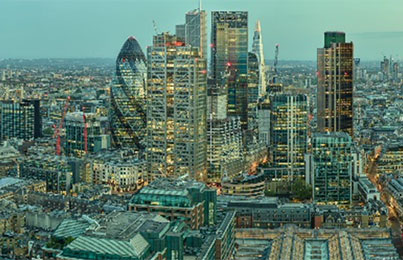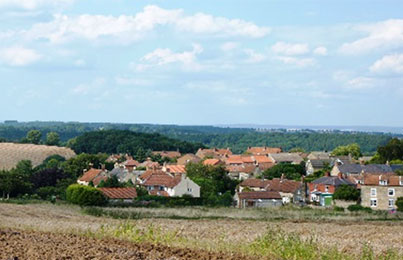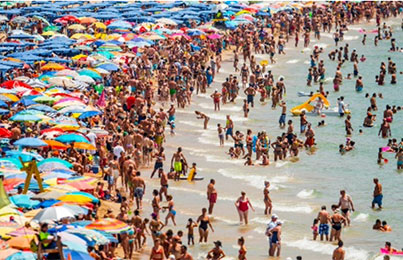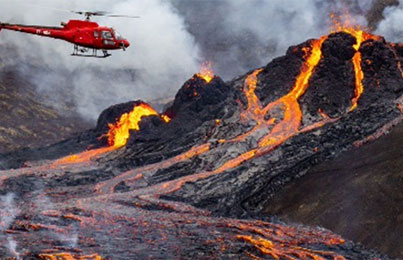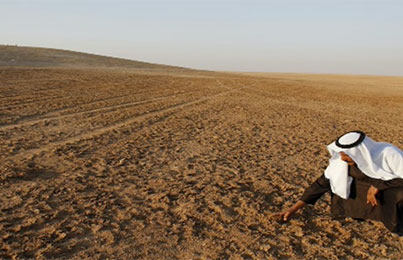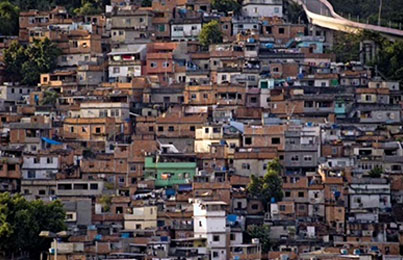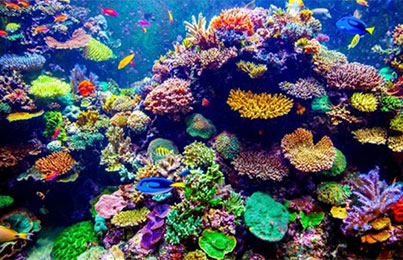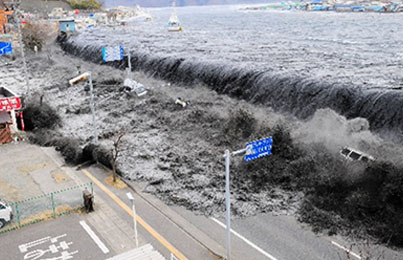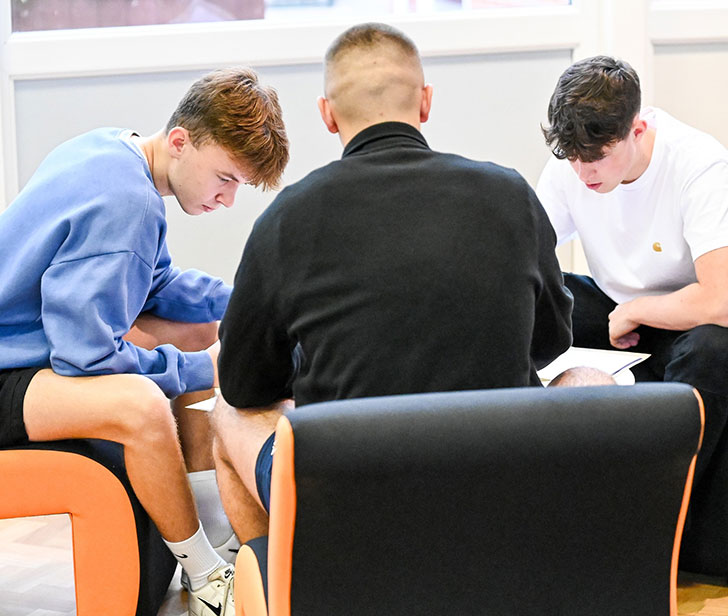Geography
The intent of the Geography Curriculum is to give students a great understanding of the world in both human and physical elements, including areas in which they live, and to develop their cultural capital through the exploration of a range of local and international case studies across all key stages. Geography allows all learners to challenge preconceived ideas about different peoples, places and the world we live in. In KS3 they study the Geography of the UK, moving on to World Issues so students can broaden their horizons and gain greater knowledge of how different countries and societies operate.
The Sequencing of the curriculum gives students the knowledge needed to tackle these challenging synoptic questions in Geography. Each of the KS3 topics students is based on fertile questions which challenge students to think deeply about their locality, nation and planet. Contemporary Geographical questions are considered such as the ‘Prisoners of Geography' concept, the geopolitical reasons behind the 2022 invasion of Ukraine and how world inequality is providing a barrier to climate action in the modern age.
Students will be given the opportunity to carry out their own geographical fieldwork and independent study right from the first year at the Academy. The KS3 Curriculum is intended to be challenging but give students the skills they need to progress with confidence to study KS4 Geography or that they can apply to their other studies. The KS3 Curriculum allows students to engage with the geography of both the UK and the wider world across the two years they study with us. This will give them a deep and meaningful understanding of the world in which they live and how humanity can impact upon it.
During our Key Stage 3 course, we will teach and then consistently revisit the following themes:
- Locational Knowledge: Students will be taught how to understand their place in the World and how this relates to the rest of the globe around them focusing on an scale of ‘local to national to international'.
- Physical Geography: Students will be taught to understand why the World has been shaped differently in locations from all across the globe.
- Human Geography: Students will be taught to understand why our species has been able to flourish across a vastly different range of locations and conditions.
- Opportunities: Students will be taught to understand how humans have been able to exploit the World for their own gain.
- Issues: Students will be taught to understand how the human race's dominance over the World has brought it into conflict with nature and how our activities have impacted the natural order of locations.
- Geographical Skills and Fieldwork: Students will be taught skills throughout the course that will enable them to be able to explore the themes above first-hand at the appropriate time.
Our Year 7 Curriculum
- In Year 7 our curriculum establishes a key foundation for students as they progress through their study of Geography. Our very first topic will give students an introduction to how the different branches of Geography fit together and introduce them to the map skills they will need to access the locations of study over the whole key stage.
- Year 7 will introduce the ‘themes' that will be explored throughout the whole key stage. These are Locational Knowledge, Physical Geography, Human Geography, Opportunities, Issues, Geographical Skills and Fieldwork.
- Our locality is very important to our Geography curriculum in all key stages. In Year 7 learners will be introduced to Grimsby's origin as a Viking settlement but will mainly focus on how the area exists in modern times and it's place within the UK. We aim to give our students a sense of how their local area has changed from the past to present.
- Year 7 explores a number of interesting and engaging enquiry questions. Students will engage with these complex issues throughout the curriculum, building to a synoptic focus on comparing Grimsby to the rest of the UK. At the end of the year they will tackle the current challenges facing the UK facing the landscape and people, right up to the 2022 Energy Crisis.
Our Year 8 Curriculum
- Our Year 8 curriculum builds upon the key concepts established throughout Year 7 with students revisiting the knowledge and skills they gained but applying these to locations outside of the UK
- Year 8 will begin by explore two contrasting locations from within Europe, studying Spain first and following with Iceland. While these locations share a continent, they have a hugely different Geography and yet both continue to make considerable amounts of revenue through tourism.
- Having explored these contrasting locations in Europe, we will move students onto looking at two comparable locations that exploited their natural resources for profit. While Russia and Syria may seem very different Geographically, students will be able to delve into why they have chosen to harness their natural environment and how that has led them into conflict internally and internationally.
- By the end of Year 8, our students will have explored four locations that will provide them with comparable human responses to the physical resources of these countries. The conflicts explored will also challenge students to demonstrate their understanding of complex issues that do not have a simple solution.
- Students will be introduced to the concept of ‘Prisoners of Geography' identified by Tim Marshall. This challenging and contemporary idea develops our knowledge-rich curriculum by allowing students to tackle current issues facing the world. In Year 8 they will look at sustainable tourism and how natural resources bring both opportunities and problems in relation to energy management.
Our Year 9 Curriculum
- Year 9 is designed to continue students' progression in their study of Geography while preparing them to make an informed decision for the next key stages in their education. Driving Year 9 are questions around the development of countries socially and the impacts of political policy on the well-being of people.
- This year focuses heavily on countries with vastly different approaches to aspects of society and governance. India, Japan, China, Brazil and South Africa have all recently been through periods of profound social change and this makes them suitable comparisons to the UK so students can begin to appreciate why our British values are so important to them as individuals and how these contrast to different places.
- Year 9 will continue the student investigation into the ‘Prisoners of Geography' concept through a number of synoptic units comparing and contrasting places studied. In Year 9 these will focus on responses to natural disasters and economic inequality.
- Our final synoptic unit will allow students to demonstrate all the knowledge and skills they have gathered over the three-year course while ensuring they have a well-rounded view of their place in the World as well as being able to appreciate our country for the opportunities it provides.
- Students will finish the key stage three course with an in-depth knowledge of the key concepts of Geography and having explored multiple differing locations across the globe. Those choosing to continue Geography into key stage 4 will have a strong foundation in Geographical knowledge and skills which they can apply to GCSE without having to repeat content. The final unit in Year 9 is introducing the students to a range of solutions currently being implemented across the world and how they can be responsible and proactive custodians of the Earth.
KS4
At KS4 the Geography curriculum will develop and improve upon the skills learned at KS3. The students will study a range of both human and physical Geography topics that will give them a good knowledge of the issues facing our society and their role in the world. The curriculum is designed to give students a positive engagement with the local community through fieldwork to local areas and classroom-based learning of modern and relevant case studies. KS4 Geography encourages students to think critically about the world, their local area and humanity's role in it. Through links with other subjects we aim for skills to be embedded and applied consistently so that learners can tackle a range of geographical problems with confidence.
Students will be given regular formative and summative assessment and the opportunity to study exemplar responses. Like KS3, we will encourage students to reflect and review their learning to promote independent study and prepare them for the next transition into further study or employment.
GCSE Geographers follow the AQA Specification leading to a full GCSE qualification at the end of the course in Year 11. Students are assessed wholly via written examination, based on three examination papers:
Paper 1- Living with the physical environment
Paper 2- Challenges of the human environment
Paper 3- Geographical applications
As part of their course, students will study a range of case studies and events ranging from typhoon Haiyan to concerns with energy usage in the Nepal. Students are also required to undertaken 2 days of fieldwork, the skills they acquire are used and applied to questions on Paper 3. Decision making skills are embedded throughout the course, students will be issued with Pre-release decision making examination material from AQA for use in Paper 3 examination.
